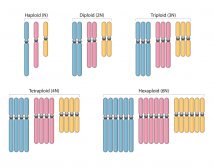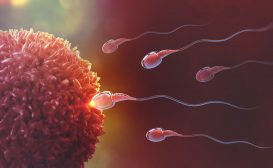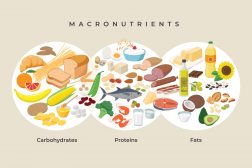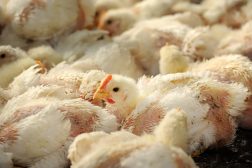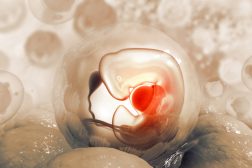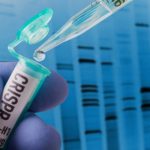Definition
noun, plural: antibiotics
Antimicrobial agent made from microorganisms, and can kill and inhibit the growth of microorganisms, especially those that are infectious or disease-causing
adjective
Of, relating to, or pertaining to antibiotic
Supplement
Antibiotics are chemotherapeutic substances that are capable of killing and inhibiting growth of specific microorganisms, such as infectious bacteria and fungi.
There are different kinds of antibioics, and are classified based on their mechanism of action (i.e. if on the cell membrane, cell wall, or metabolism), chemical structure, spectrum of activity (i.e. if targeting gram-negative or gram-positive bacteria), or by mode of administration (e.g. oral, intravenous, or topical).
Antibiotic treatments should be done in accord to the recommended dosage and duration in order to prevent antibiotic resistance. The latter is a condition in which the antibiotic has become less effective when the target bacteria acquire resistance to antibiotic effects.
Antibiotics are derived from microorganisms, such as fungi and bacteria. Therefore, the antimicrobial gastric juice is not considered an antibiotic.
Related term(s):
- antibiotic resistance
- transport antibiotic
- antibiotic candidiasis
Mentioned in:

